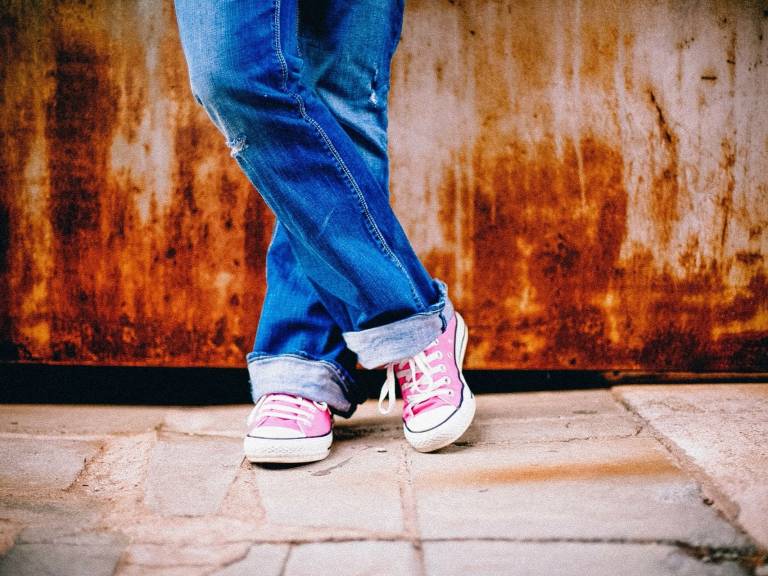Intensive behaviour therapy no better than conventional support
18 January 2018
Research led by UCL has found that intensive and costly multisystemic therapy is no better than conventional therapy in treating teenagers with moderate to severe antisocial behaviour.

The researchers also found that multisystemic therapy (MST) might also have led to an increased risk of criminal behaviour by children who were low-risk in terms of the factors assessed in the study.
The study, which was published in The Lancet Psychiatry, was led by Professor Peter Fonagy (UCL Psychology & Language Sciences).
Multisystemic therapy (MST) is used to tackle antisocial behaviour in children aged 11 to 17. The treatment uses a team of professionals working with the young person, their family, friends, neighbours and teachers for three to five months to help them manage their behaviour and reduce criminal offending.
MST was developed in the United States for tackling youth offending and was introduced to Britain following a trial in 2011.
The trial, which was funded by the Department for Education and the Department for Health, tracked 684 families with a troubled child, half of whom were assigned MST and half who were given conventional support.
The researchers found that after 18 months, 43 young people from the group given MST (13 %) were taken into care or custody, compared with 36 (11%) in the control group.
"The medium-term gain from multisystemic therapy relative to management as usual was limited in terms of effect on antisocial behaviour, with some suggestion that multisystemic therapy led to an increased risk of criminal behaviour in individuals who were fairly low risk in terms of factors assessed in this study," the paper said.
"The findings also reflect the effectiveness of mental health, youth offending, and social care services in England - which were active in both groups of the trial - in reducing the risk of crime and protecting young people and society."
Links
- Paper in The Lancet Psychiatry
- Professor Fonagy's academic profile
- UCL Psychology & Language Sciences
Image
- Teenager via Pixabay
Media contact
Margaret-Anne Orgill Tel: 44 203 108 3845
Email:m.orgill@ucl.ac.uk
 Close
Close

